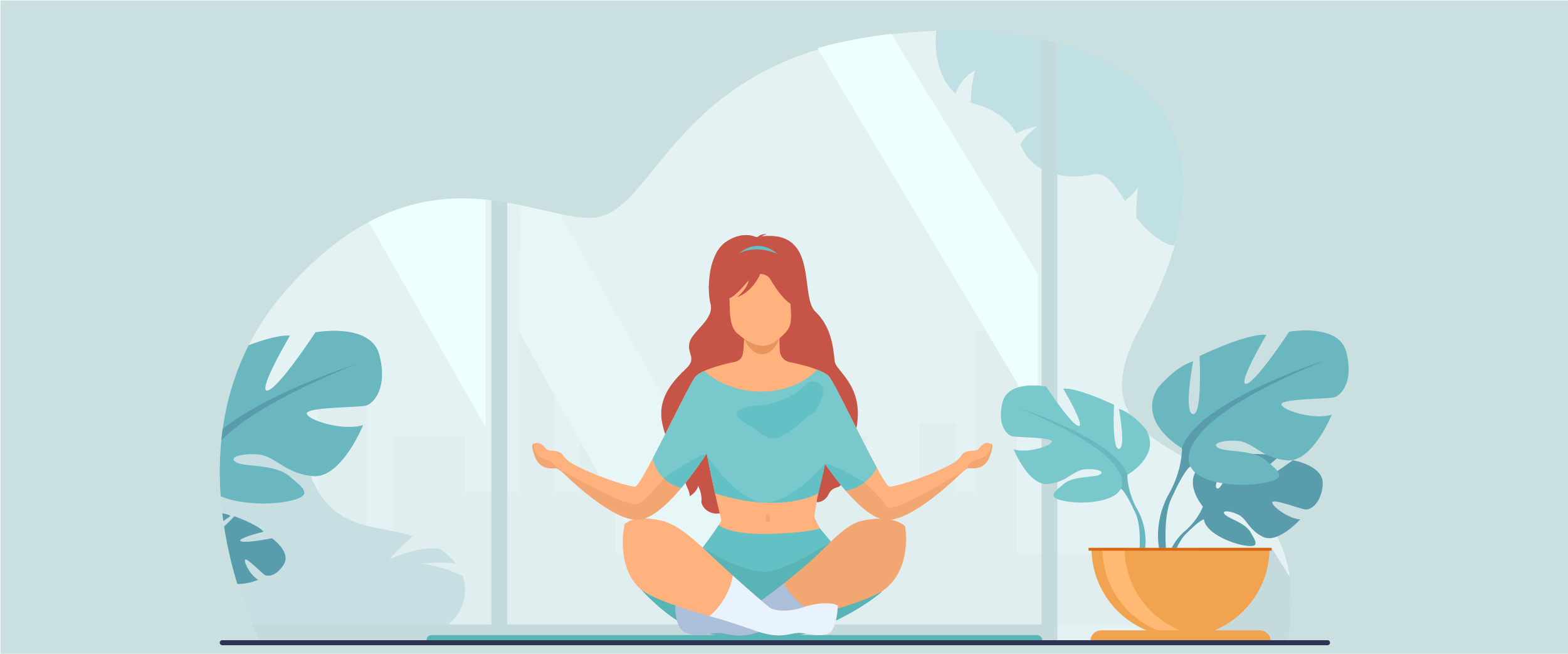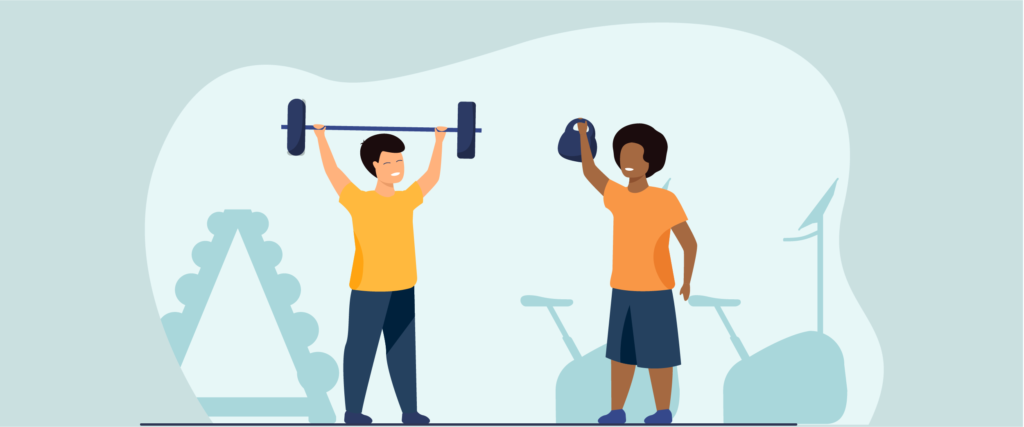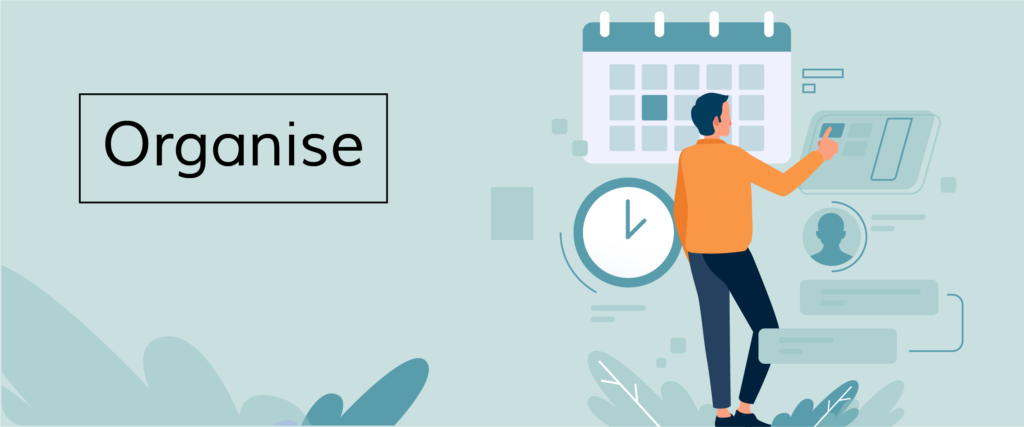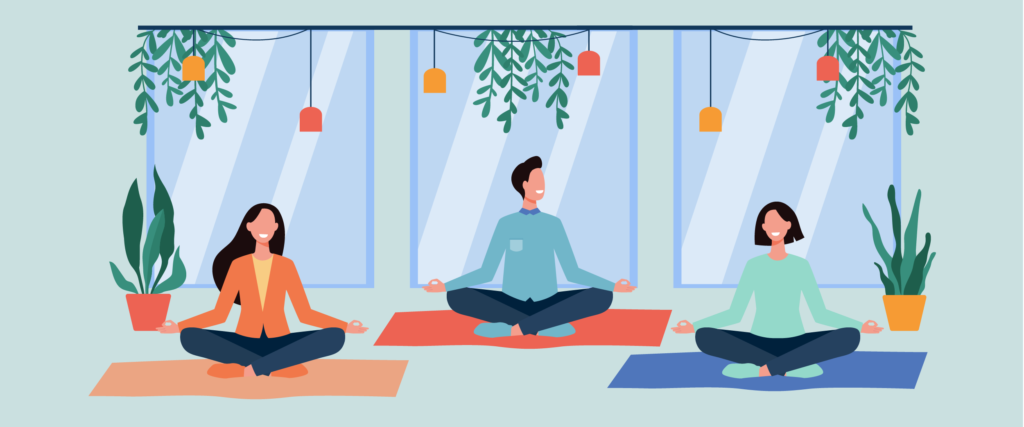
Stress refers to your body's reaction to challenges and demands. Stress can be positive or negative and there are healthy ways to deal with it. Just like monsters under the bed, stress and anxiety are stealing the peaceful nighttime rest. Anxiety may also be sabotaging your confidence, turning your stomach into knots, and impacting your general well-being. While no one can avoid all stress, you can work to handle it in healthy ways that increase your potential to recover.

Exercise really does prompt your body to release feel-good hormones like endorphins, which can help you to feel less stressed. Stress can also make you subconsciously tense your muscles, which exercise might help to release. It could even be just a walk around the block, 20 jumping jacks, a quick run, or a 10-minute yoga routine. In addition to having physical health benefits, exercise has been shown to be a powerful stress reliever. Take this opportunity and attend our daily fitness classes as scheduled below.

Stress can kick in when you’re feeling overwhelmed by the number of tasks that need to be done or deadlines that must be met. Writing a to-do list or time management strategy can help you focus on seeing each task through to completion.
Sit down and write out everything you need to get done. Be realistic about how much time it will take you to complete each task and build space into your schedule to reward yourself for getting the job done.

Stress and anxiety can affect how you breathe, which has flow-on effects on how your body and mind feel. Taking a few deep breaths can help slow your breathing and heart rate, relax your muscles and calm your mind.
We would suggest a few deep breathing exercises such as Diaphragmatic breathing which is one of the most effective ways to activate the relaxation response is to decrease the heart rate and help deal with stress effectively.

Stress might make you become irritable or short-tempered, easily upset, or agitated. When you start noticing that stress is affecting how you feel, it might be time to spend a few minutes just focusing on yourself. Do something you enjoy like reading a book or listening to music or find a trusted friend or colleague that you can talk to about how you’re feeling. During your time out you could also, increase your own emotional comfort by practicing reassuring and realistic self-talk.

If you haven’t tried mindfulness, meditation, or relaxation exercises yet, there’s no better time to start. Even a good few hours of sleep could help. This is scientifically proven to help decrease stress and promote mental wellbeing. Try to set 15 minutes out of your day to meditate and practice a few mindfulness techniques.